Copyright © 2019 JIANGYIN JUNZHUO MACHINERY MANUFACTURING CO., LTD All Rights Reserved. Site MapDesigned by iwonder.cn
 jz@junzhuojx.com
jz@junzhuojx.com
 +86-0510-86382380
+86-0510-86382380
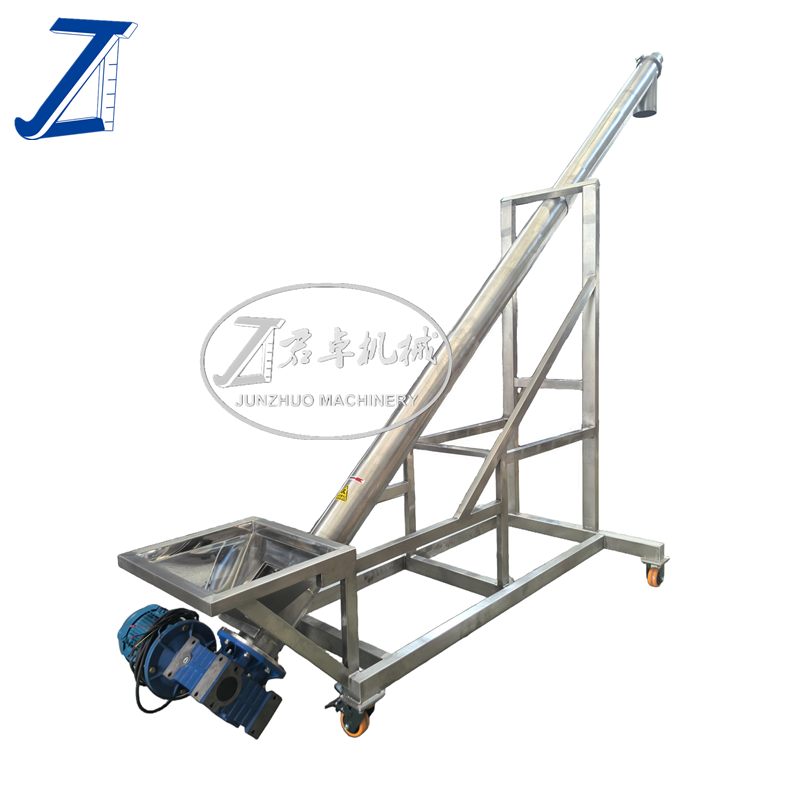
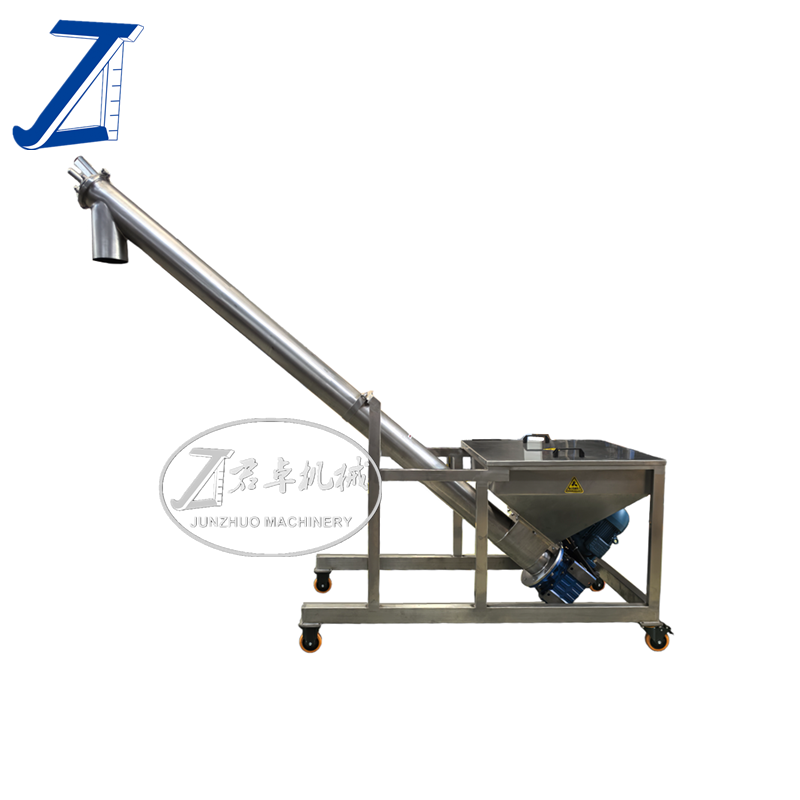
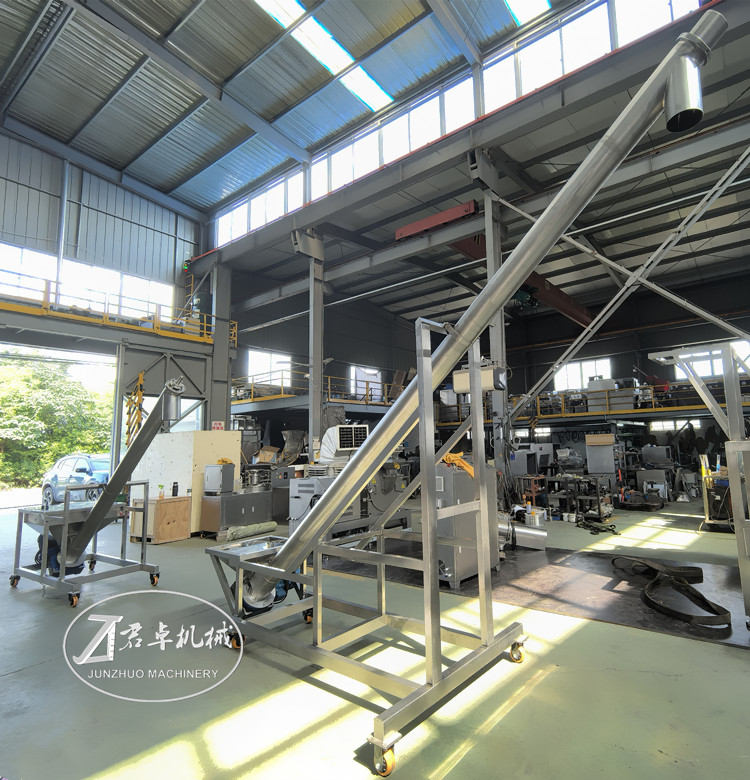
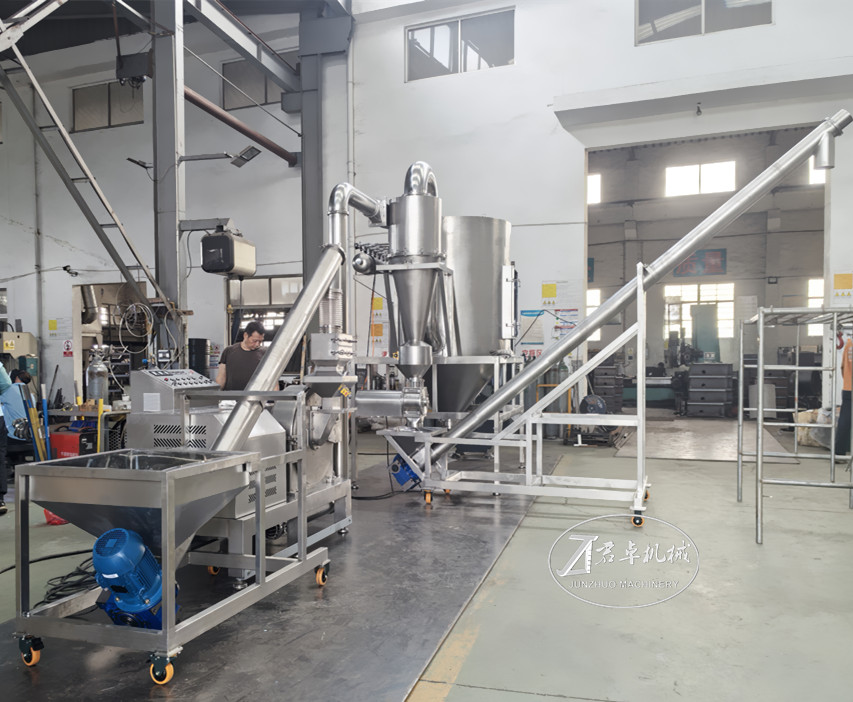
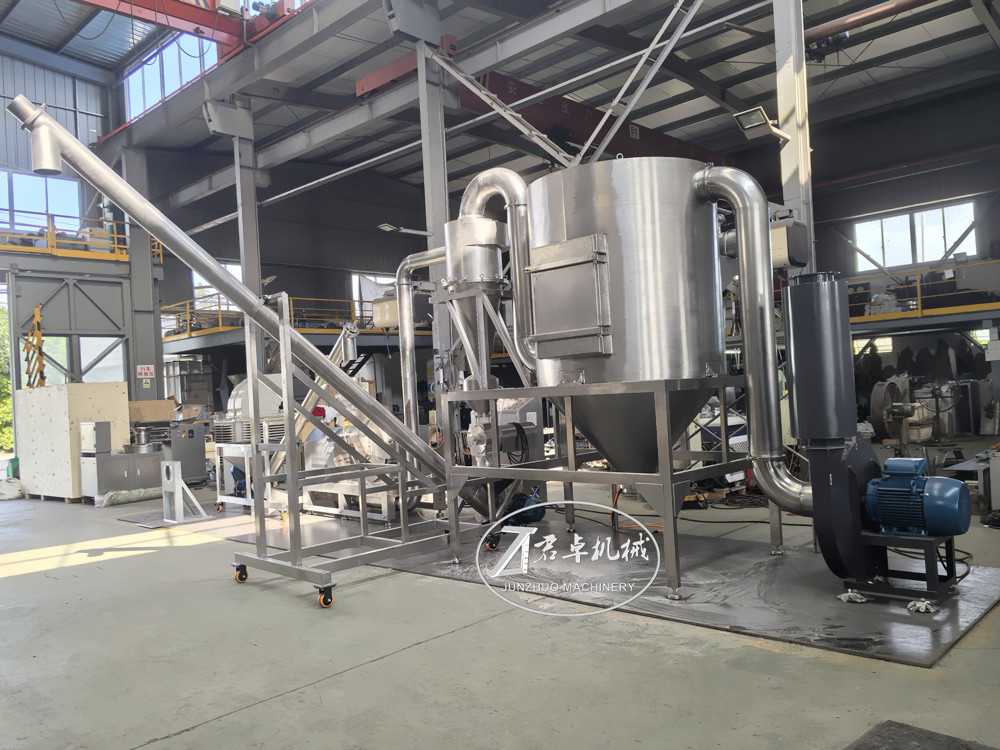

The screw conveyor is a classic, economical and practical conveying equipment. Its advantages lie in its simple structure and good airtightness. When making a choice, it is essential to ensure that its characteristics match the materials you are handling. In particular, avoid using it to deal with highly viscous, easily entangled or extremely fragile materials, as this can easily lead to clogging and equipment damage.
Video Link:
https://youtu.be/fMF0Gs1uFbM?si=4EVRRjbQkMThIEz2
https://youtu.be/tANAUT_lmkA?si=WeCx1ulavmk1J3Jg
The screw conveyor, commonly known as "auger", is a continuous conveying equipment that uses a motor to drive the screw blades to rotate, thereby pushing the material forward along a fixed shell. It is an extremely universal and important mechanical conveying device.
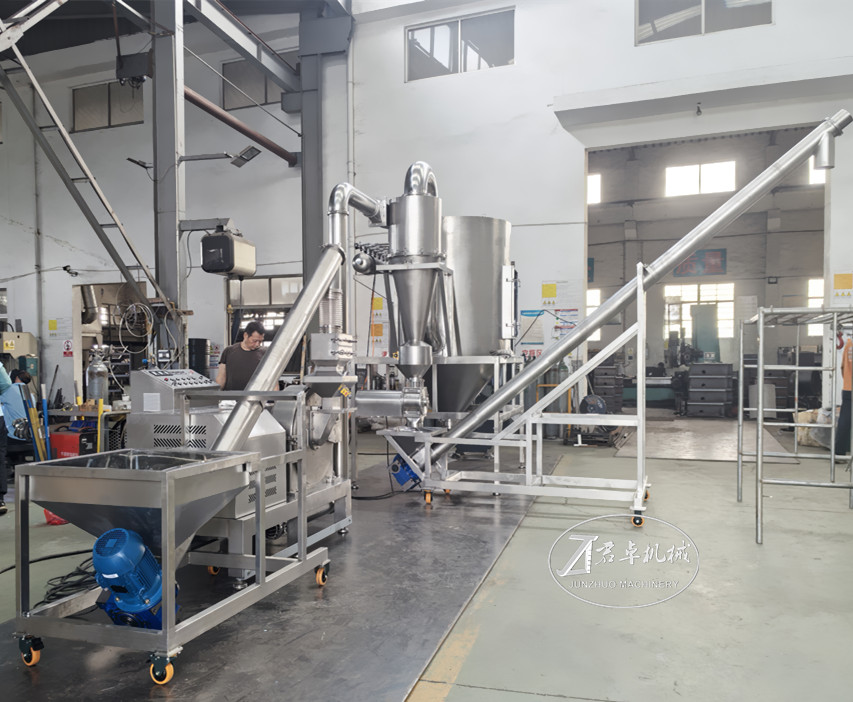
Advantages
Simple structure and low cost: It is relatively convenient to manufacture, install and maintain, and the initial investment and operating costs are relatively low.
Good airtightness: Materials are conveyed in a closed shell without dust leakage, which is environmentally friendly and hygienic, and suitable for handling materials with a large amount of dust.
Easy to control: The conveying capacity can be conveniently controlled by adjusting the rotational speed.
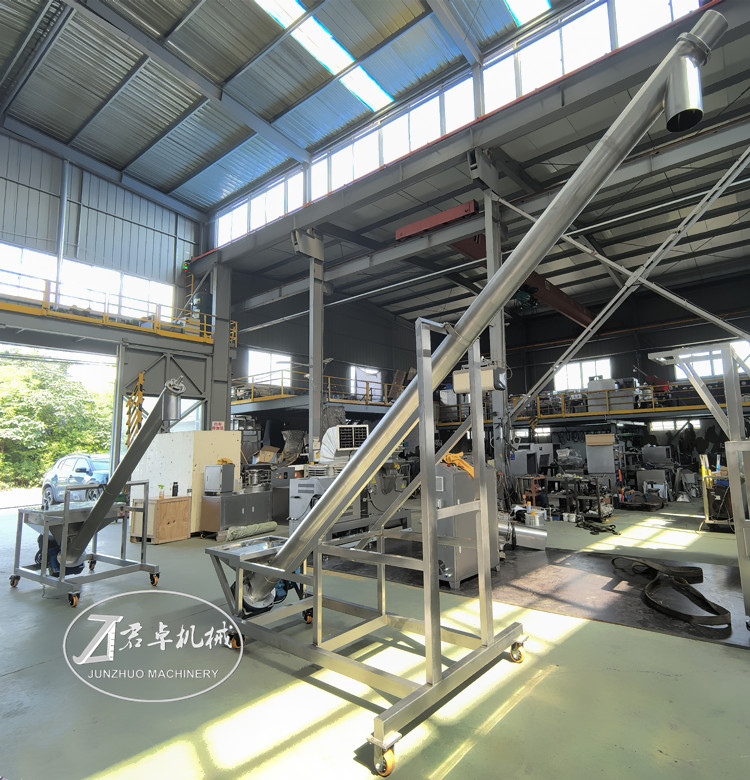
Key points for selection
When choosing a suitable screw conveyor, the following factors need to be considered
Material characteristics: This is the most crucial factor.
Bulk density: Determines conveying capacity and power.
Particle size, fluidity, viscosity, abrasiveness and corrosiveness: Determine the type, material and rotational speed of the blades.
Conveying capacity: How many kgs or cubic meters need to be conveyed per hour?
Conveying distance and inclination Angle: What are the horizontal length and lifting height?
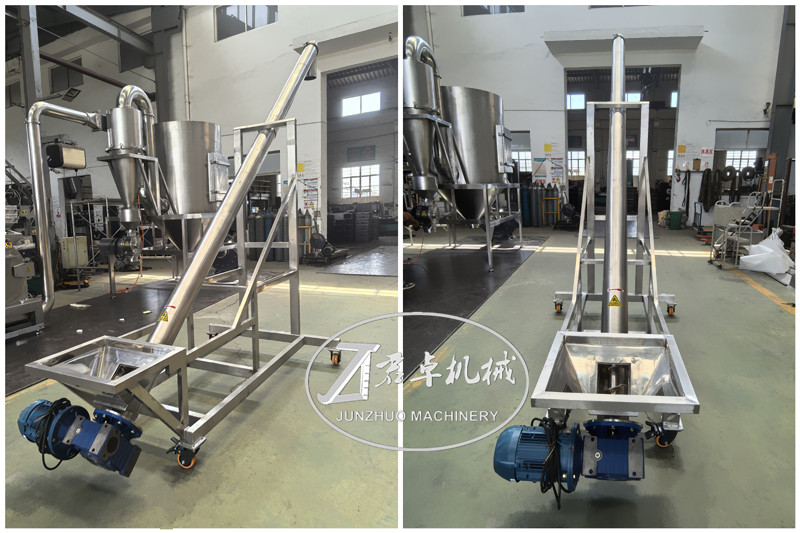
The screw conveyor is a classic, economical and practical conveying equipment. Its advantages lie in its simple structure and good airtightness. When making a choice, it is essential to ensure that its characteristics match the materials you are handling. In particular, avoid using it to deal with highly viscous, easily entangled or extremely fragile materials, as this can easily lead to clogging and equipment damage.
By continuing to use the site you agree to our privacy policy Terms and Conditions.